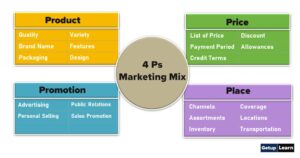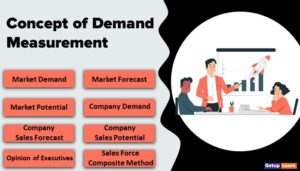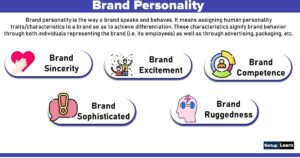Table of Contents
Types of Marketing Research
Following are the types of marketing research explained below:
Exploratory Research
Exploratory research is used in cases where the marketer has little or no understanding of the research problem due to a lack of proper information.
For example, a marketer has heard about social media marketing techniques that are employed by their competitors with great success but he is not familiar with using these for his products/services. He needs to use exploratory market research to gain/discover insights about this situation.
Thus when the goal of the marketer is to precisely formulate problems, clear concepts, gain insights, eliminate impractical ideas and form hypotheses then exploratory research is used. Exploratory research follows an unstructured format and makes use of qualitative techniques, secondary research, and experts’ opinions.
For example, the marketer from the previous case can use books, syndicated research, case studies, focus groups, expert interviews, and survey techniques to conduct exploratory research. The results of exploratory research can’t be used for marketing decisions in most cases at least not directly. Then the question arises why do exploratory research in the first place?
Well, the answer is the core goal of exploratory research is to equip marketers with enough information to facilitate marketers planning a format research design correctly. For example, by conducting exploratory research the marketer can find out that the competition is using popular social media channels like Facebook, Twitter, LinkedIn, and YouTube to reach target consumers effectively and successfully engage customers with the brand directly. Now with this information, he can plan a formal research design to test his hypothesis.
Descriptive Research
Descriptive research is used to find accurate answers to questions like:
- Who are users of my products/services?
- How they are using my products/services?
- What proportion of the population uses my products/services?
- What is the future demand for my products/services?
- Who are all my competitors?
Thus descriptive research is used to explain, monitor, and test hypotheses created by marketers to help them find accurate answers. Due to this reason, descriptive research is rigid, well structured, and well planned and uses quantitative techniques like questionnaires, structured interviews, data analysis, etc.
For example, the marketer from the previous case use descriptive research to find out if he also starts using social media marketing techniques for promoting his products and services then:
- How many of his current customers will be attracted to them?
- How many new customers can be engaged using social media?
- How much time, effort, and money will be involved in this activity?
- What will be the predicted return on investment (RoI)? v Will he is able to attract competitors’ customers?
Causal Research
Causal research is used by marketers to find the cause and effect relationship of variables. It is also sometimes referred to as the “If.. Then” method. In this type of research, the marketer tries to understand the effects of manipulating independent variables on another dependent variable.
Causal research uses field and laboratory experimentation techniques to achieve its goals. This research is used by marketers mainly to predict and test hypotheses.
Let’s take some test cases where causal research can be used:
- What will happen to the sale of my product if I change the packaging of the product?
- What will happen to the sale of my product if I change the design of the product?
- What will happen to the sale of my product if I change the advertising?
What are the types of marketing research?
Types of marketing research are given below:
1. Exploratory Research
2. Descriptive Research
3. Causal Research.















